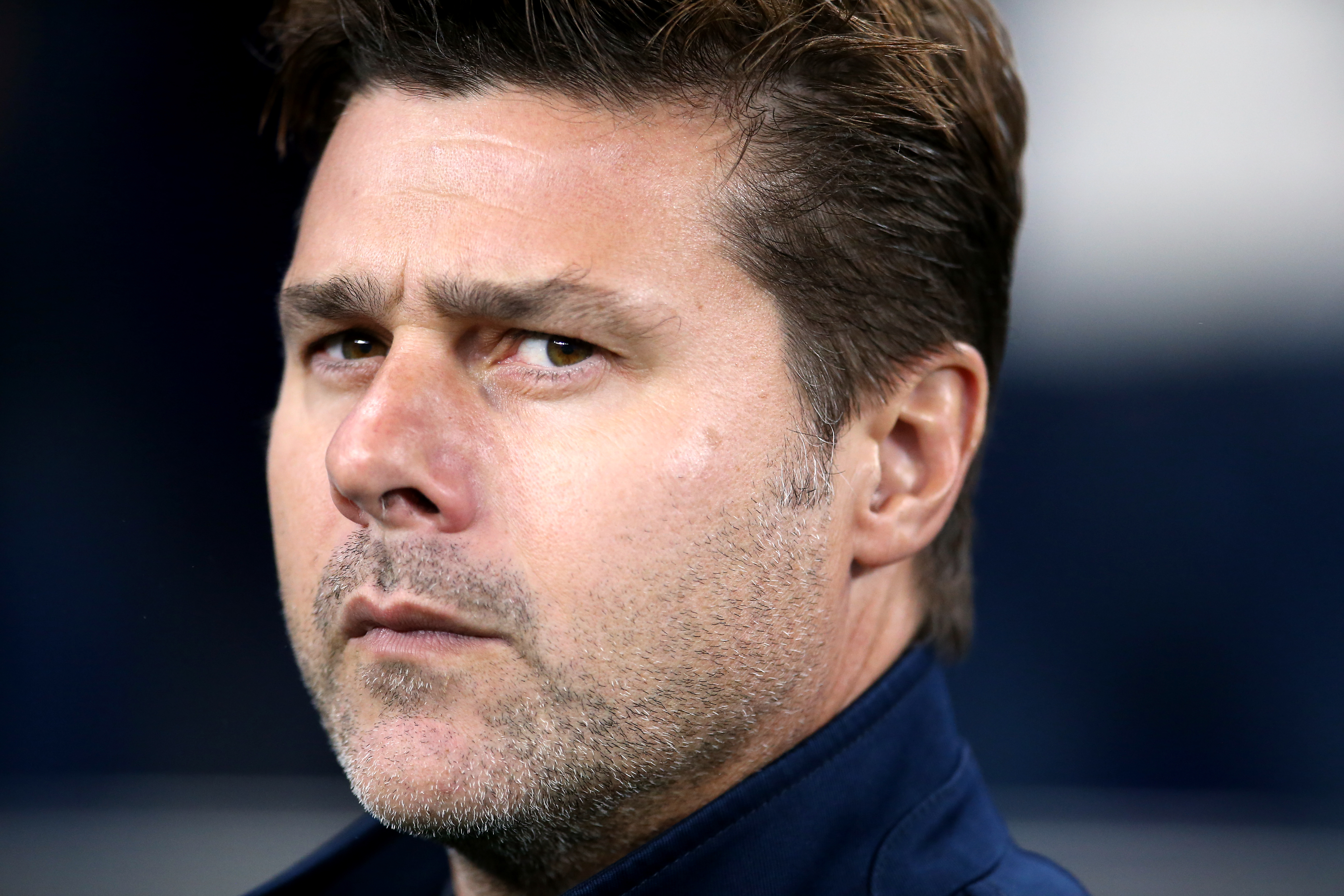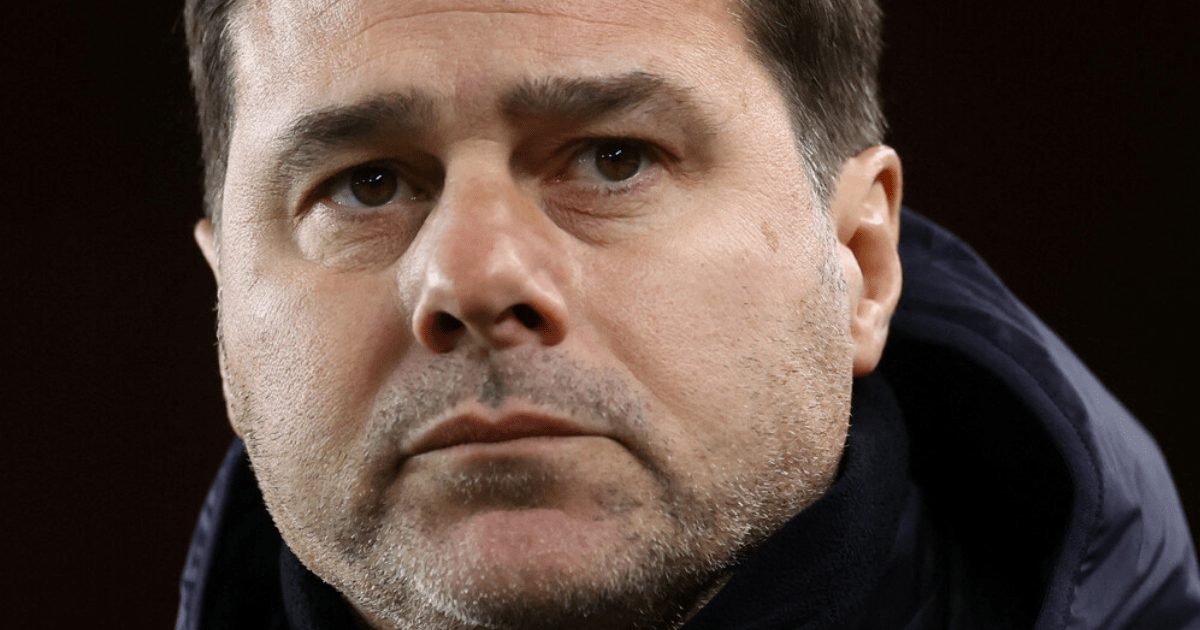Chelsea Football Club has made a surprising move by calling up 14-year-old prodigy Charlie Holland to train with the first-team ahead of their Premier League clash with Crystal Palace. The young talent was handpicked by Chelsea manager Mauricio Pochettino to join the practice session, where he had the opportunity to train alongside seasoned players such as Thiago Silva, Raheem Sterling, and Christopher Nkunku.
A Familiar Face
Interestingly, this is not the first time that Holland has been given the chance to rub shoulders with the senior squad. Former caretaker boss Frank Lampard also invited him to train with the first team last season, highlighting the club's belief in his potential.
Investing in Youth
Mauricio Pochettino has built a reputation for investing in young talents, and Holland's inclusion in the first-team training is further evidence of his commitment. The Argentine coach has given opportunities to several promising youngsters at Stamford Bridge, including Alfie Gilchrist, Mason Burstow, Alex Matos, and Cesare Casadei.
Unlikely to Make the Cut
While Holland's call-up to first-team training is an exciting development, it is unlikely that he will be involved in the upcoming match against Crystal Palace. Typically, academy players are invited to train with the senior squad to gain experience, but it is usually the Under-21s and Under-18s who receive this honor. Pochettino's focus is on building a young and consistent team, rather than solely prioritizing age.

Chelsea fans will undoubtedly keep a close eye on Holland's progress, as he continues to impress and make strides towards a potential breakthrough in the future.
Frequently Asked Questions
What are the essential skills needed to play great football?
A footballer must combine technical, mental, physical, and tactical skills to be a great player. Technical skills are ball control, dribbling passing and shooting. Tactical knowledge includes understanding the game such as position, movement and decision making. Speed, endurance and power are important physical attributes for performance. Finally, mental toughness, focus, and the ability to remain calm under pressure are critical for maintaining performance throughout a match.
How can I improve my technique in football?
For you to improve your football skills, it is essential that you practice regularly and concentrate on the basics. It is essential to regularly perform drills which improve ball control, accuracy passing and precise shooting. Spending time perfecting your less-skilled foot and improving balance through agility exercises can greatly improve your technique. You can improve your technique by observing professional footballers. Analyzing their positions, movements, and decisions.
What role does the coach play in the success or failure of a team?
A football coach’s role is crucial to the team’s overall success. He does this by developing training plans, strategic planning and player management. The coach is responsible to design effective training plans, create strategic game-plans, and motivate the players. Coaches make important decisions about player placement and selection, while also managing team dynamics to maintain a positive environment. They are the ones who guide teams through difficult situations and motivate them to succeed.
What is the best type of physical training for a professional football player?
A football player’s conditioning program should be well-rounded, focusing on all aspects. It includes endurance exercises, sprint training, power training, and flexibility training. In addition, sports-specific drills which simulate match situations are helpful in preparing the human body for the physical demands placed on it by football. By working with a certified trainer or fitness expert, you can customize the program according to your needs.
How can I improve my football skill by staying motivated?
Staying motivated and focused requires setting clear, achievable goals and tracking progress towards them. Reviewing performances during training and in matches regularly can help identify areas for improvement and strengths that should be built upon. Finding a trainer or joining an online community can create supportive relationships and encourage persistence. Additionally, maintaining a positive mindset and visualizing success can be powerful motivational tools. Incorporating variety in training routines to keep practices engaging, and allowing for sufficient rest and recovery are also important strategies to maintain motivation and focus for long-term development in football.
Statistics
- Players who train for more than 10 hours a week show a 20% improvement in technique compared to those who train for less time.
- Teams that prioritize teamwork in training sessions increase their passing accuracy by an average of 15% in competitive matches.
- Players with a balanced diet containing adequate macronutrients have a 30% lower injury rate than those with less balanced nutritional habits.
- Youth players who participate in football education programs have a 35% higher chance of being scouted by professional clubs.
- A consistent mental focus regimen, including visualization techniques, can enhance player concentration levels by up to 20% during matches.
External Links
bbc.co.uk
topendsports.com
nscaa.com
fifa.com
soccercoachweekly.net
How To
How to be an effective captain in a football team
In order to lead a team of footballers effectively, you must embody the qualities that make a good leader: communication, integrity and decisiveness. Lead by example, both in training and during matches. Foster team unity by building relationships with teammates, understanding their strengths and motivations. Be the link between the coach’s team and your own, by facilitating a constructive dialogue. Learn how to resolve conflicts diplomatically and create an environment where teamwork, collective success and individual recognition are valued over each other.

